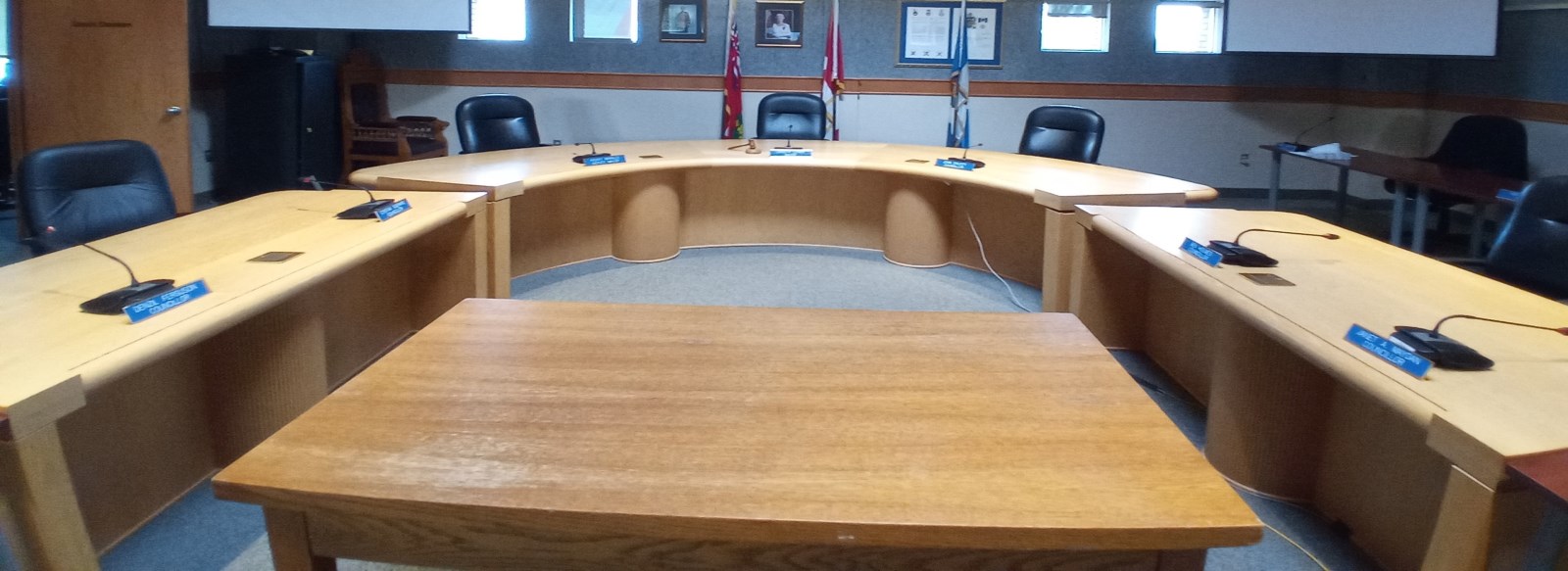2021 Budget - Long-Term Financial Planning
You may have planned out your finances for the next several years and considered all of the assets you own, like your house and car, and what money you need to keep these assets in good repair or replace them when needed. You’ve likely also thought of your monthly expenses like groceries, gas, utility bills, etc. and have taken the time to plan out for the next few years what your expenses are between your asset needs and your monthly needs. You might even be setting money aside for some additional expenses in case the unexpected happens.
After you’ve figured out your expenses, you’ve had to consider how you will pay for it all, whether it’s from your pay cheque, your savings, a loan or some other means. You may have had to shift things around or cancel an expense entirely to ensure you will have the money in place to pay for it all. When you’re done, you’ll have a long- term financial plan or multi-year budget that you can follow for several years.
Long-term financial planning or multi-year budgeting follows the same general principles for a Municipality, although the number and value of its assets is considerably higher and the annual operating and capital needs are significant.
Like the example above, the Municipality conducts an exercise to determine its’ expense needs, both operating and capital for a period of at least 5 years. Many studies and plans like the asset management plan, the strategic plan, the transportation master plan, the water and sewer rate study, the development charges study, etc. contribute to the determination of the expense needs of the Municipality into the future.
Also, like the above example, the Municipality must determine and plan how it will pay for all of the expenses. The Municipality considers all known funding sources like grants, user fees, reserves, etc. and from there establishes the levels of taxation that will be required to support the plan. Once the plan is approved by Council, it will require monitoring and updating as circumstances at the Municipal level are constantly changing and the unexpected often occurs.
Once the long-term financial plan or multi-year budget is established and approved by Council, the contents are used to prepare the annual budget. For example, if the plan is for 5 years, all revenues and all expenses would be broken out by year and labeled as such- year 1, year 2, etc. Budget preparation and deliberations become easier because Council has already considered the contents through the long-term financial planning process. Again as an example, If the Municipality is in year 2 of the long-term financial plan, Staff would refer to the long- term financial plan document and pull out all of the planned expenses and revenues for year 2 and use that information to draft the budget that year. Council will still have to confirm the details of the budget to ensure no changes are needed based on new or different priorities, changes in legislation, etc.
Long term financial planning also benefits you because you will have visibility on what the Municipality is planning in terms of capital work for the next few years and what impacts the long-term plan will have on your taxes or other user fees so that you in turn can use this information for your own financial planning purposes.












